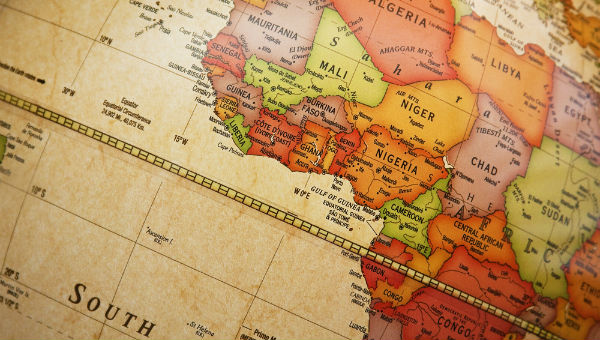Land registry based on blockchain for Africa
Land registry based on blockchain for Africa

A not-for-profit organisation Bitland is introducing a digital registry system based on blockchain - the technology which drives the digital currency Bitcoin - to ensure proper land registration and property in parts of Africa.
Bitland's database would come handy particularly in countries where there is no reliable system of land ownership to reference in the event of a dispute, or investment in property or to obtain loans.
It can securely record transactions together with GPS coordinates, written description and satellite photos. This will help guarantee property rights as against the somewhat disorderly system that seems vulnerable to corrupt practices and exposes individual landowners to danger in some countries.
"Our initiative sets out to explain to rural people communities the benefit of working with their government, registering land titles officially and, in turn, the benefit of being able to utilise the mobile application to do these things," says Bitland's Chief Security Officer, Christopher Bates, in a presentation at Netexplo 2016.
Bates added that the application will bring transparency to the process by keeping a public ledger that is attached to the Bitcoin blockchain and would be available as long as the technology exists.
Globally, there have been adaptation and calls to adapt the use of blockchain outside the FinTech sector based on the perspective that its discovery is as dramatic as the creation of the Internet.
The British Commonwealth earlier this month announced its project to develop a Blockchain app to combat cross-border crime using a secure messaging system to help law enforcement and prosecutors in member countries to co-operate more effectively in criminal investigations.
This week, non-governmental organisation ID2020 and the United Nation's Department of Partnerships set a goal to provide identities to the estimated 1.5 billion people without access to proof of legal identity with several panelists and conference participants suggesting the distributed-ledger technology, blockchain, as a possible solution.
According to Bates, 90% of land in rural Africa is undocumented or unregistered. It also has 202 million hectares of land that is equal to half the world's total holding of uncultivated arable land.
The non-availability of a single ledger, he says, hinders says of lands, increases property fraud which costs governments more to investigate, causes undue eviction an rifts among communities and impedes foreign investments.
24 communities in Ghana have expressed interest in the Bitland project so far.
Bitland is currently running its initial coin offering ICO which will end in a few days.
